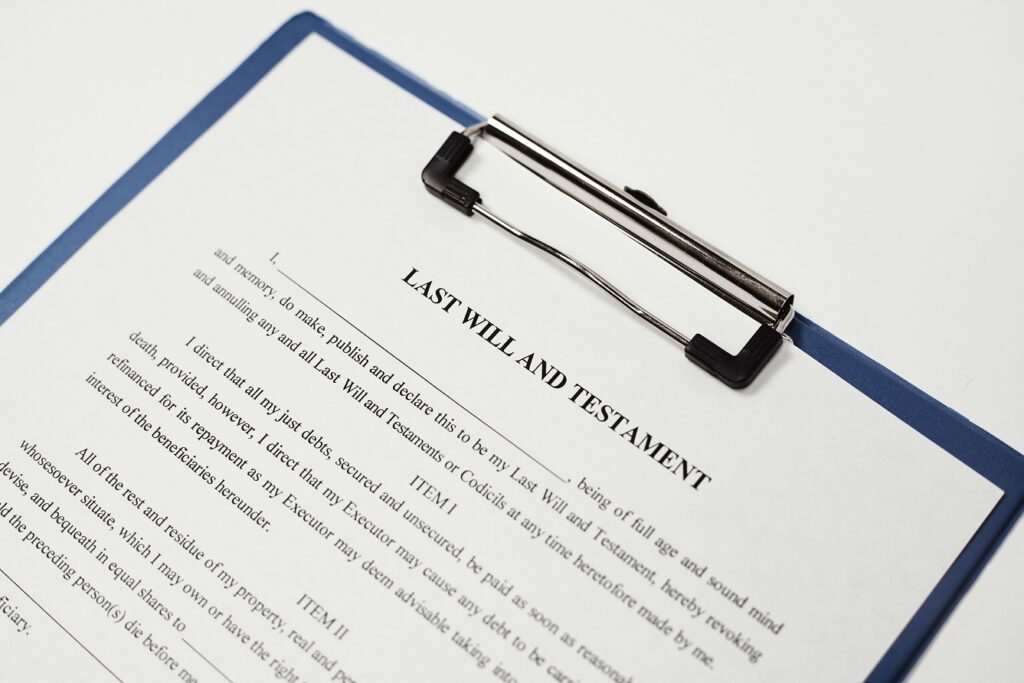Expat Legal Matters

Legal Matters for Expats covered on the page;
Thai Wills
Usufruct Agreements
Leasing Land
Expat income rumors
Why Expats need a Thai Will

Last updated on August 23rd, 2025 at 10:52 am
If you’re an expat with assets in Thailand, it’s crucial to have a will in place. This is not just a suggestion; it’s a necessity. In Thailand, foreign wills are not recognized, which means only Thai legal wills written in the Thai language will be honored.
Without a will, your assets could end up stuck in legal limbo for years, leading to costly litigation and a lot of frustration for your loved ones. Having a proper will ensures that your wishes are respected and that your family is spared from unnecessary headaches and heartaches during a difficult time.
Creating a will in Thailand is neither complicated nor expensive. It’s a straightforward process, especially if you enlist the help of a qualified Thai lawyer. They can guide you through the necessary steps to ensure your assets are distributed according to your wishes. So, don’t wait—take action now to protect your loved ones and give yourself peace of mind.
Items commonly included in a Thai will.
- Property / Assets in a Home, Condo or Business in your name.
- Bank accounts Funds within Thailand
- Crypto currency wallets. Account funds with the access code less a code only the proper recipient would know for security.
- Thai vehicles in your name.
- DBD Business ownerships in your name.
- Who is to get these assets needs to be detailed with IDs and contact information.
Don’t forget to keep this will update frequently as your assets change.
"Usufruct" Agreement - Expats right to live for life in a home even when you are not the owner.

Understanding Usufruct in Thailand: A Friendly Guide
If you’re navigating the world of property rights in Thailand, you might have come across the term “usufruct.” This legal concept can be quite beneficial, especially for foreigners looking to enjoy the use of land without owning it outright. Let’s break it down in a friendly and easy-to-understand way!
What is Usufruct?
In simple terms, usufruct is a legal right that allows someone to use and benefit from a property that they do not own. In Thailand, this is particularly relevant for foreigners, as the Land Code B.E. 2497 (Section 86) prohibits them from owning land directly. However, if you have a Thai spouse or partner, you can hold usufruct over their land, giving you the right to use it as if it were your own.
How to create a Usufruct agreement:
- Written agreement between the (Thai) owner and the usufructuary (Expat)
Registration at the Land Department
Must be registered on the land title deed (Channote)
Not valid unless registered; oral agreements are unenforceable under Thai law
Key Points to Remember
While usufruct can be a great option, there are some important risks and legal limitations to keep in mind:
Non-Inheritable: The right to usufruct cannot be passed on to heirs upon death unless a new usufruct is created and registered.
Non-Transferable: You cannot assign your usufruct rights to someone else without the consent of the landowner.
Limited Duration for Companies: If a juristic person (like a company) holds usufruct, it can only last for a maximum of 30 years.
Potential Challenges: In mixed-nationality marriages, heirs may challenge the usufruct, leading to disputes.
Drafting Matters: If the usufruct agreement is poorly drafted, it may become unenforceable or lead to legal issues.
Best Practices for Drafting and Registering a Usufruct
To ensure your usufruct is valid and serves your needs, consider these best practices:
Define the Scope: Clearly state whether the usufruct is for personal residence or commercial use.
Include Leasing Rights: If you plan to lease the property, make sure this is included in the agreement.
Clarify Maintenance Obligations: Specify who is responsible for property maintenance.
Register in Person: Always register the usufruct at the local Land Office to make it official.
Provide a Property Map: If you’re only using part of the property, include a map or plan with your agreement.
Consider a Lease + Usufruct Structure: For more complex arrangements, combining a lease with a usufruct can be beneficial.
Usufruct Agreement in Thailand is a right under the Civil and Commercial Code that allows one person (the usufructuary) to use and benefit from another’s immovable property, usually land or a house, without acquiring ownership. The right is personal and non-transferable unless otherwise agreed, and it can be granted for a specified period or for the life of the usufructuary.
Conclusion
Usufruct in Thailand is a valuable right that allows you to enjoy the benefits of land use without ownership. It’s particularly useful for foreigners and families where land ownership might not be feasible. However, due to its non-transferable nature and the need for careful drafting and registration, it’s essential to approach this legal right with caution. Tailoring your usufruct to your specific needs and ensuring it complies with Thai law will help you avoid potential pitfalls and enjoy your property to the fullest!
A usufructuary is entitled to use and enjoy the fruits (i.e., benefits, income) of the land or property.
| Right | Legal Basis / Commentary |
|---|---|
| Possession and Use | Section 1417 CCC: Exclusive use and occupation allowed |
| Collecting Fruits | Right to harvest crops, earn rental income, or reside in property |
| Leasing to Third Parties | Permitted, but limited to the usufruct period |
| Minor Alterations | Allowed if consistent with normal use and not damaging |
Regarding the "rumors" that Expats need to get a
TAX ID number and potentially owe income tax
Recently there has been rumors of Thai laws changes that impact Expat requirements to Pay register for a TIN (Tax ID number) and potentially pay income tax on foreign funds sent to Thailand. Enough said…
Please watch the following video and follow the lawyers’ advice. I see no need to discuss this matter further.
Owning a business with Thai shareholders
details coming…
Differences between Land Lease and Usufruct agreement.
details coming…

